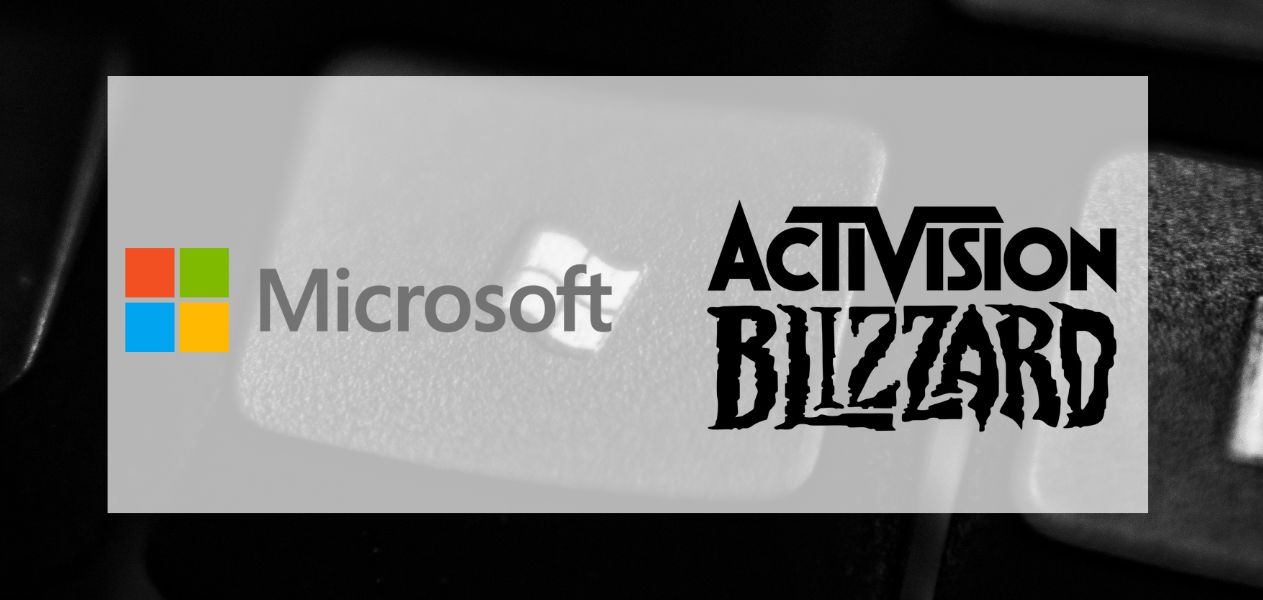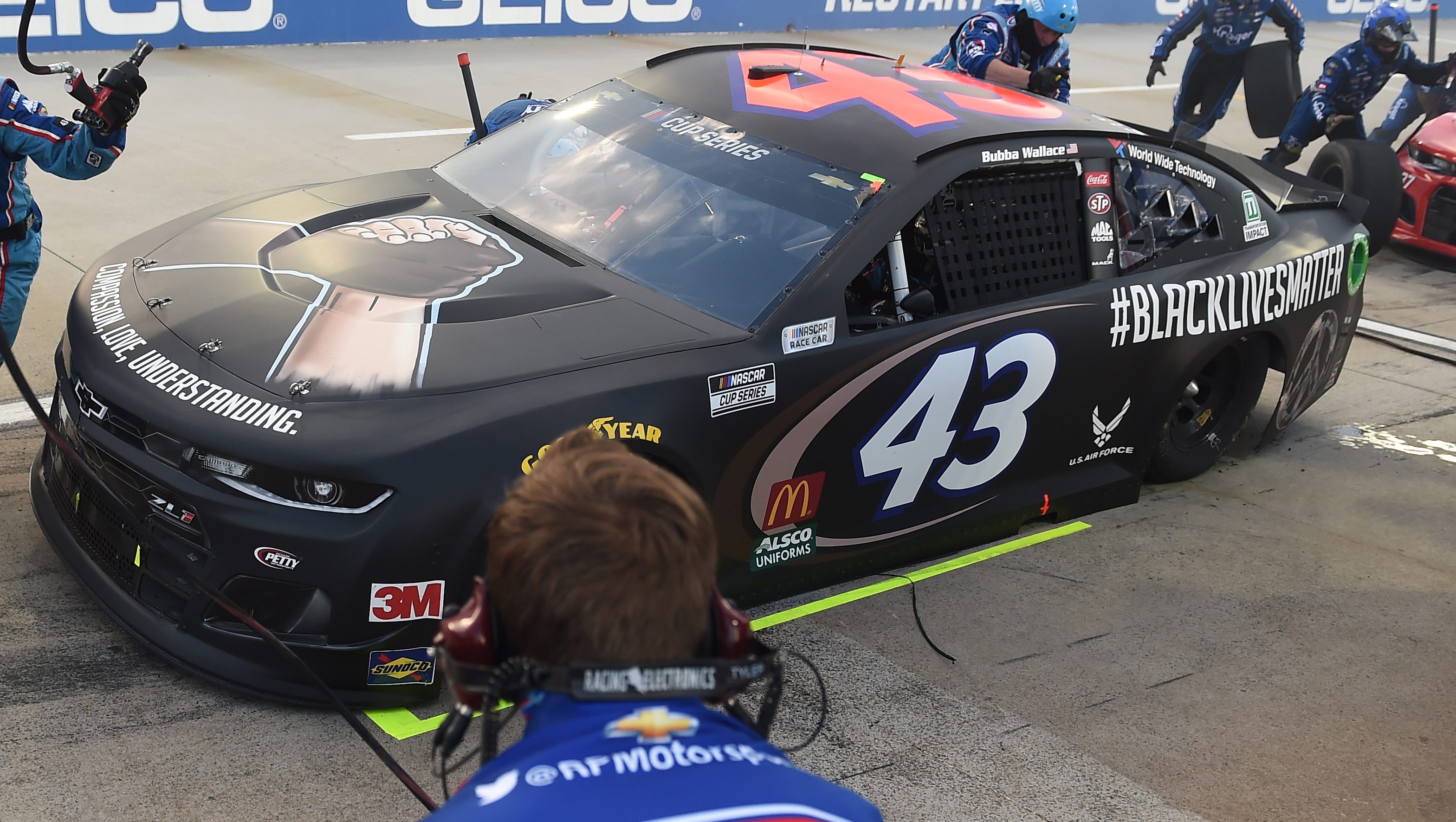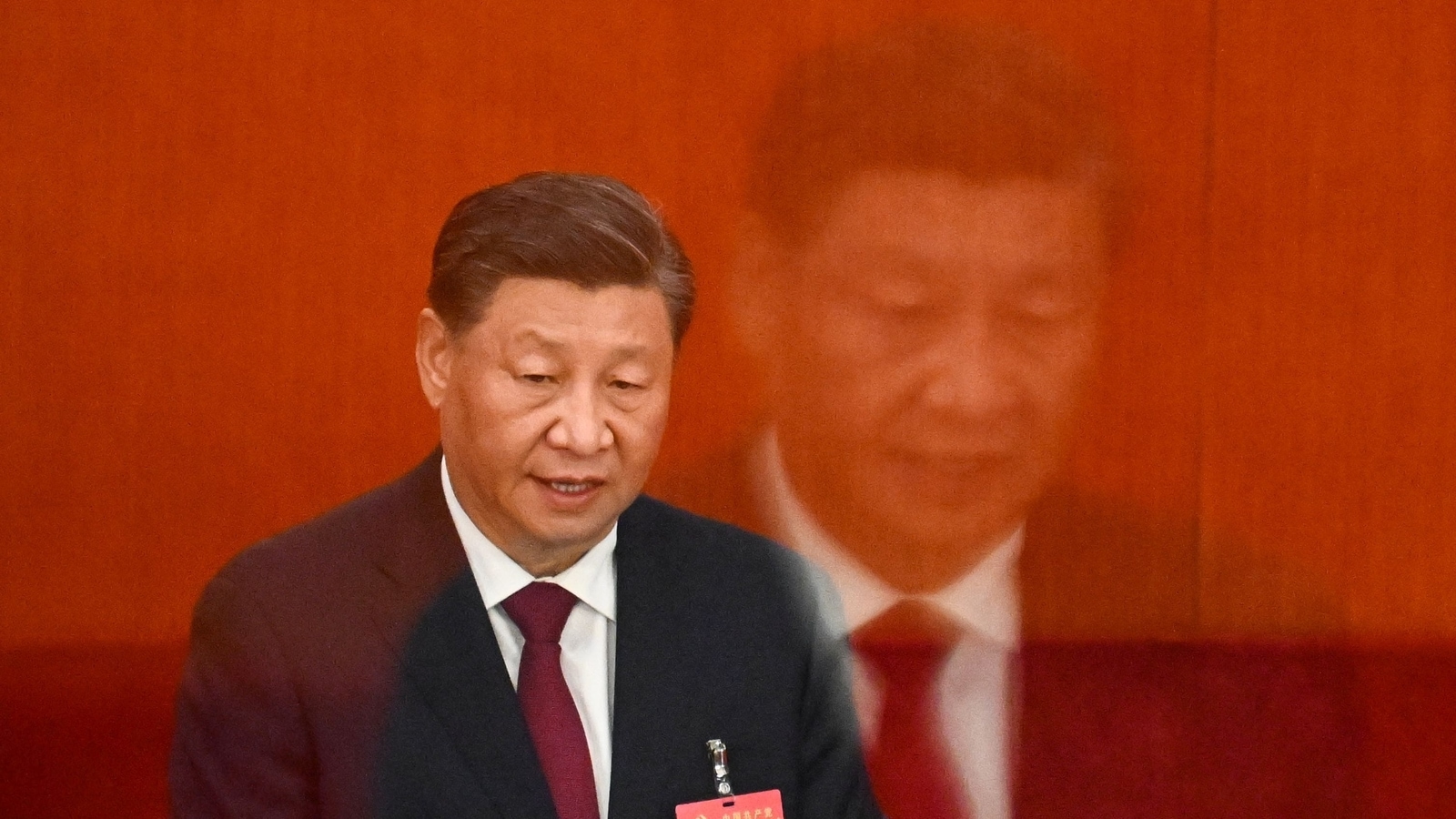FTC To Challenge Activision Blizzard Acquisition Approval

Table of Contents
The FTC's Concerns Regarding Competition
The FTC's primary concern centers around the potential for the Microsoft-Activision Blizzard merger to stifle competition and harm consumers. This concern stems from two key areas: market dominance and the impact on cloud gaming.
Market Domination in the Gaming Industry
The acquisition unites two industry giants. Microsoft already holds a substantial market share with its Xbox consoles and gaming services. Activision Blizzard brings a portfolio of immensely popular franchises, including Call of Duty, Candy Crush, World of Warcraft, and many others, to the table.
- Microsoft's existing market share: The combination would significantly increase Microsoft's market power.
- Activision Blizzard's flagship titles: These titles boast millions of players globally, and their potential exclusivity to Xbox platforms is a major point of contention.
- Potential for anti-competitive practices: The FTC worries that Microsoft could leverage its increased power to engage in anti-competitive practices, such as making Activision Blizzard games exclusive to Xbox consoles or its Game Pass subscription service. This could limit consumer choice and harm competing platforms like PlayStation and Nintendo Switch.
The FTC argues that this consolidation could create a monopoly, leading to higher prices, reduced innovation, and a less diverse gaming market. The concern isn't just about Call of Duty's exclusivity, but the potential precedent it sets for future acquisitions and the broader implications for the competitive landscape of the video game industry.
Impact on Cloud Gaming
The rapidly growing cloud gaming market is another area of significant concern for the FTC. Microsoft's xCloud gaming service, combined with Activision Blizzard's extensive game catalog, could create a dominant force in this sector.
- Microsoft's xCloud: This cloud gaming service already competes with other platforms like Google Stadia and Amazon Luna.
- Activision Blizzard's game library: Adding this vast library to xCloud gives Microsoft a significant advantage.
- Potential for exclusion of competitors: The FTC fears that Microsoft could use its combined power to exclude competitors from access to key cloud gaming infrastructure or limit the availability of Activision Blizzard games on rival cloud services.
This could stifle innovation and limit consumer choice in the burgeoning cloud gaming space, potentially locking out smaller players and hindering the development of a truly competitive market.
Microsoft's Counterarguments and Proposed Solutions
Microsoft, naturally, disputes the FTC's claims, arguing that the acquisition will ultimately benefit consumers and foster innovation. They’ve offered several counterarguments and proposed solutions.
Commitment to Maintaining Competition
Microsoft has attempted to address the FTC's concerns by making several commitments.
- Call of Duty on PlayStation: They’ve pledged to keep Call of Duty available on PlayStation for the foreseeable future.
- Cross-platform compatibility: Microsoft has also promised to maintain cross-platform compatibility for Activision Blizzard games, ensuring players on different consoles can still interact.
The effectiveness and longevity of these commitments are key points of contention in the FTC's challenge. The FTC may argue these are insufficient to prevent anti-competitive behavior.
Benefits of the Acquisition
Microsoft emphasizes the potential benefits of the acquisition, including:
- Increased innovation: By bringing together Microsoft's resources and Activision Blizzard's expertise, they argue the acquisition will accelerate innovation in game development.
- Faster development cycles: Combining teams could lead to faster release of games and updates.
- Expanded game offerings: The acquisition would provide access to a wider range of games for consumers.
- Potential investment in game development: Microsoft suggests increased investment in game development which will lead to higher quality games.
These counterarguments highlight the complexities of the FTC Activision Blizzard acquisition case, presenting competing visions for the future of the gaming industry.
Potential Outcomes and Implications
The FTC's challenge will likely lead to a protracted legal battle with significant ramifications.
Legal Battle and Timeline
- FTC's legal strategy: The FTC will need to prove that the acquisition is anti-competitive.
- Potential court proceedings: This could involve lengthy court hearings and discovery.
- Expected timeline for resolution: The legal battle could take months, or even years, to resolve.
The outcome could hinge on the court's interpretation of the evidence and precedents set in previous antitrust cases.
Impact on the Gaming Industry and Consumers
The ultimate impact of the FTC's challenge will be significant.
- Potential price increases: If the merger is blocked, it might prevent price increases. Conversely, if allowed, it could lead to higher prices for some games or services.
- Changes in game availability: The availability of certain titles across different platforms could be significantly altered.
- Impact on future mergers and acquisitions: The outcome of this case will set a precedent for future mergers and acquisitions in the gaming sector.
The FTC Activision Blizzard Acquisition case will likely serve as a critical landmark case that shapes the future regulatory landscape for the gaming industry.
Conclusion
The FTC's challenge to the Microsoft-Activision Blizzard acquisition represents a significant turning point in the ongoing debate surrounding mergers and acquisitions in the gaming industry. The outcome of this legal battle will have profound implications for competition, consumer choice, and the future of gaming. Staying informed about the developments in the FTC Activision Blizzard Acquisition case is crucial for gamers and industry professionals alike. Continue to follow news and updates on this evolving situation to understand how this landmark antitrust case will shape the future of gaming and the broader implications of the FTC Activision Blizzard acquisition.

Featured Posts
-
 Nascars Bubba Wallace Opens Up About The Challenges Of Fatherhood
Apr 28, 2025
Nascars Bubba Wallace Opens Up About The Challenges Of Fatherhood
Apr 28, 2025 -
 Thnyt Qayd Eam Shrtt Abwzby Llmnawbyn Wtfqdh Lsyr Aleml
Apr 28, 2025
Thnyt Qayd Eam Shrtt Abwzby Llmnawbyn Wtfqdh Lsyr Aleml
Apr 28, 2025 -
 Abwzby Mntda Alabtkar Fy Mjal Alsht Wtwl Alemr
Apr 28, 2025
Abwzby Mntda Alabtkar Fy Mjal Alsht Wtwl Alemr
Apr 28, 2025 -
 Understanding Trumps Views Canada Xi Jinping And The Presidential Term Limit Debate In Time Interview
Apr 28, 2025
Understanding Trumps Views Canada Xi Jinping And The Presidential Term Limit Debate In Time Interview
Apr 28, 2025 -
 Tylor Megill And The Mets Analyzing His Effective Pitching Arsenal
Apr 28, 2025
Tylor Megill And The Mets Analyzing His Effective Pitching Arsenal
Apr 28, 2025
